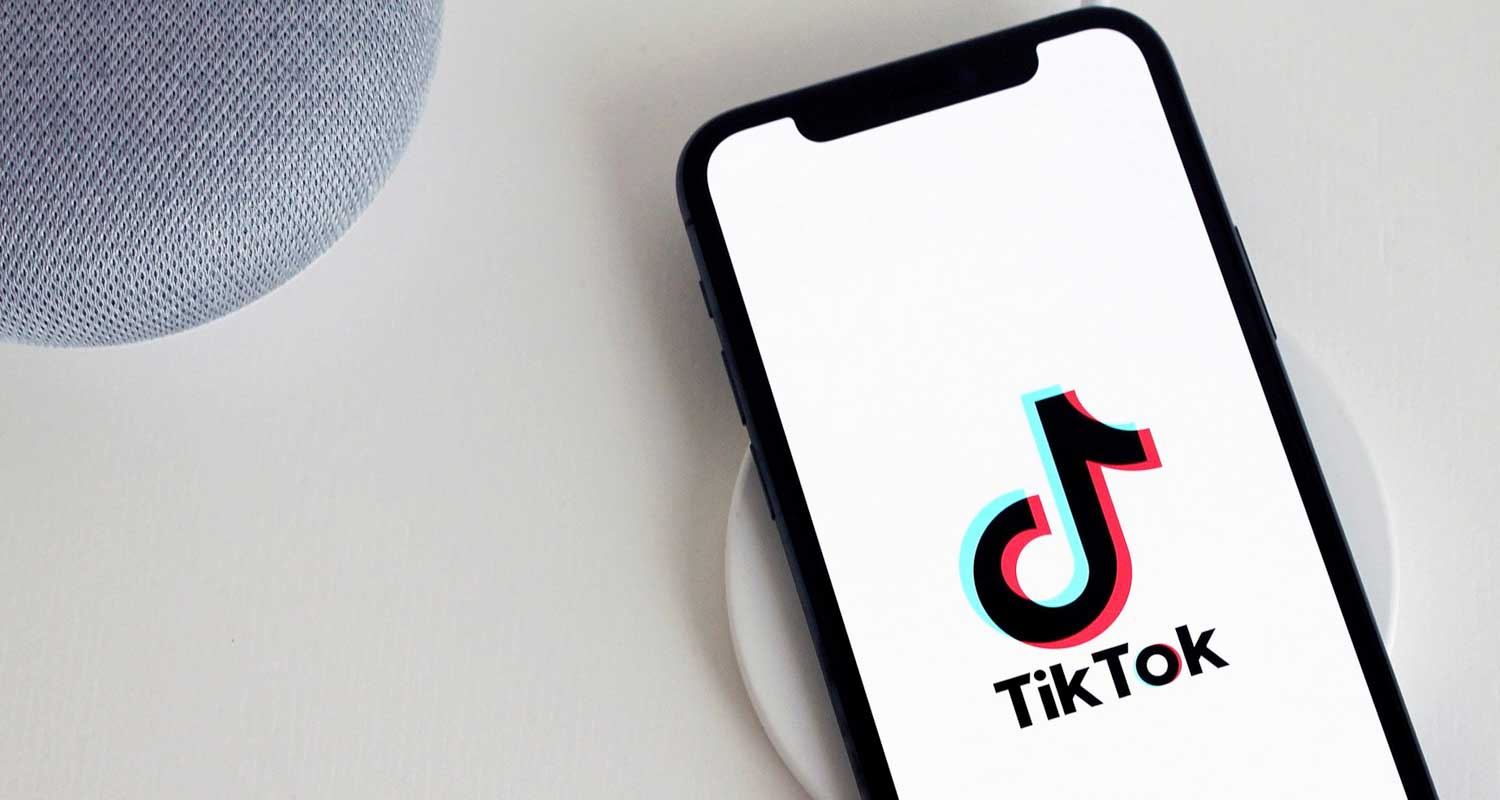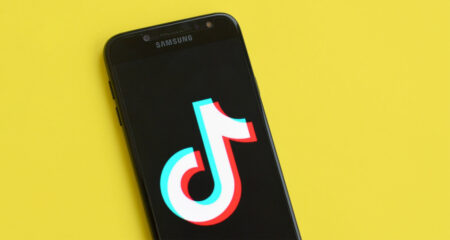 Britain said on Thursday it would ban TikTok on government phones with immediate effect, a move that follows other Western countries who have barred the Chinese-owned video app over security concerns.
Britain said on Thursday it would ban TikTok on government phones with immediate effect, a move that follows other Western countries who have barred the Chinese-owned video app over security concerns.
“The security of sensitive government information must come first, so today we are banning this app on government devices. The use of other data-extracting apps will be kept under review,” cabinet office minister Oliver Dowden said in a statement.
TikTok has come under increasing scrutiny due to fears that user data from the app owned by Beijing-based company ByteDance could end up in the hands of the Chinese government, undermining Western security interests.
The British government had asked the National Cyber Security Centre to look at the potential vulnerability of government data from social media apps and risks around how sensitive information could be accessed and used.
The US, Canada, Belgium and the European Commission have already banned the app from official devices.
“Restricting the use of TikTok on government devices is a prudent and proportionate step following advice from our cybersecurity experts,” Dowden said.
TikTok said it was disappointed with the decision and had already begun taking steps to further protect European user data.
“We believe these bans have been based on fundamental misconceptions and driven by wider geopolitics, in which TikTok, and our millions of users in the UK, play no part,” a TikTok spokesman said.
Read: FBI chief says TikTok ‘screams’ of US national security concerns
“We remain committed to working with the government to address any concerns but should be judged on facts and treated equally to our competitors.”
Dowden told parliament government devices would now only be able to access third-party apps from a pre-approved list.
Read: US threatens TikTok ban, company says
The TikTok ban does not the include personal devices of government employees or ministers and there would be limited exemptions where TikTok was required on government devices for work purposes, he added. — Muvija M and Kylie MacLellan, (c) 2023 Reuters




